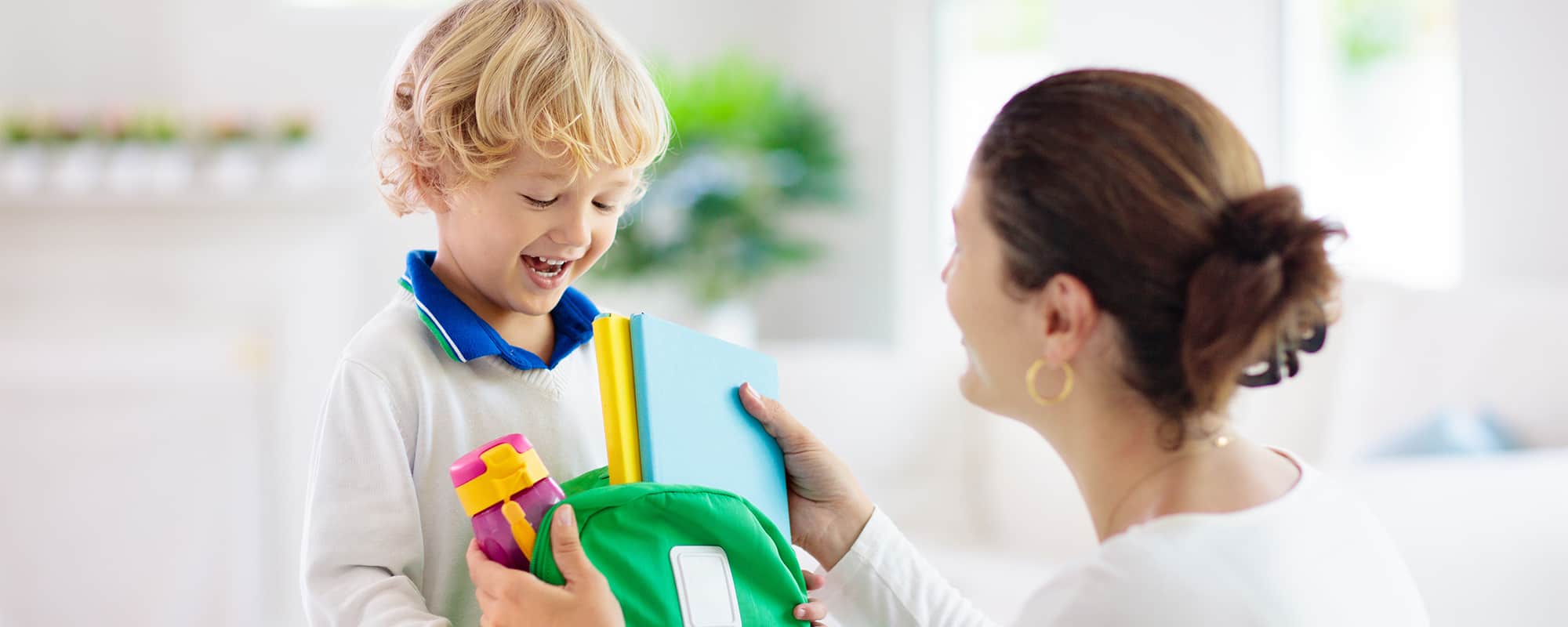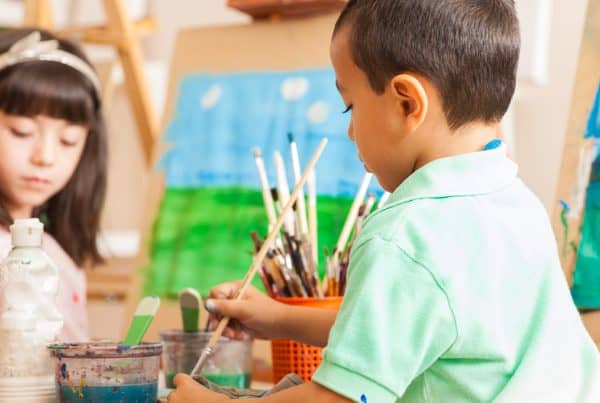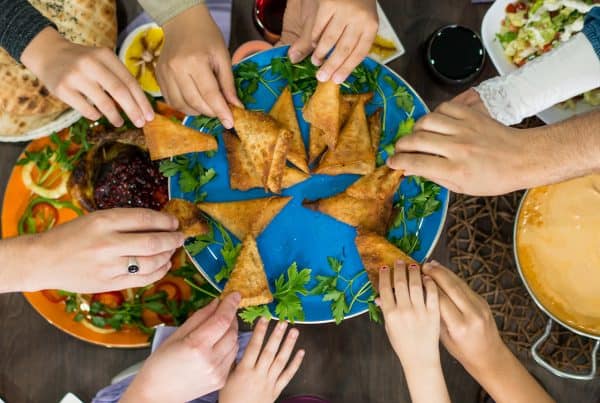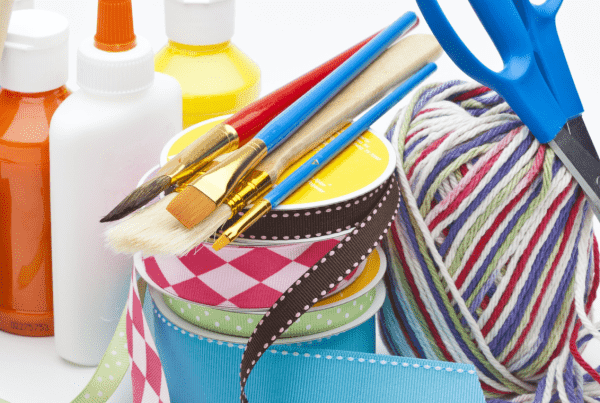Beginning Kindergarten is a huge step in a child’s and parent or guardian’s life, but the benefits of Kindergarten are numerous.
Whether you’re transitioning your child from another service or just beginning the journey, there are lots of different ways to make beginning Kindergarten a positive one.
Emotions are high on the first day and week of Kindergarten. Your child will take cues from you, so it’s important to show your confidence in them succeeding at Kindergarten. The teacher and educators will support this. Talk about going to Kindergarten in the weeks prior to the first day and begin setting up a routine at home in the mornings. There are some fabulous story books about starting new adventures.
A great way to encourage your child to become excited about Kindergarten is to provide them with their own special bag, lunch box, water bottle, and hat. Encourage your child to practice opening their own lunch box and food packaging. Provide food that you know your child enjoys to encourage a positive meal time experience. Ensure that everything your child needs for their meals is available to them so they don’t have to feel anxious or nervous about asking for something, like a spoon for yogurt.
Your child’s clothing is also something to consider for Kindergarten. The environment is a high energy space with lots of different types of experiences to engage in. Ensuring your child is comfortable in their clothing and is able to move freely. Running, climbing, messy play, sitting on a mat, toileting, are all things to consider when dressing your child for Kindergarten. Encourage them to choose their clothes and have them ready for the day. Perhaps a Kindergarten ‘uniform’ will be beneficial.
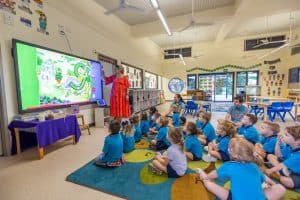 If it’s possible, try to attend the Kindergarten prior to your child’s first day. This might be an organised visit or during orientation. Have a look around, talk the teachers, explore the spaces.
If it’s possible, try to attend the Kindergarten prior to your child’s first day. This might be an organised visit or during orientation. Have a look around, talk the teachers, explore the spaces.
On the first day of Kindergarten, have a drop off routine in mind. The teacher will ensure that your child has their own space for their belongings and will help yourself and your child put their things away. A ‘goodbye’ routine is also beneficial for both yourself and your child. Reassure your child that you’ll be back to collect them and try not to prolong this time. Keep it positive and quick. Let your child know that you’ll be excited to hear about their first day.
Even if you’re feeling emotional, try not to let your child see this. You can always ring the service to reassure yourself that your child is settling in. Let the teachers or educators know when you are ready to leave and they will be there to help this transition and provide any support that your child may need during this time.
Sometimes a comfort item may help. Be sure to communicate with the teachers and educators. Let them know your approximate intended pick up time and who will be doing it. This will help the teachers provide your child with accurate information about when their family is coming because ‘soon’ or ‘later’ can be an eternity to a child.
The first few days at Kindergarten is all about getting to know each other. 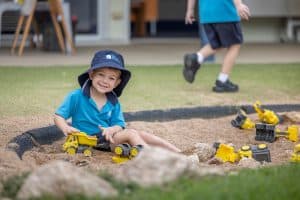
This is for both the teachers and the children. Some children may know each other through older siblings, or attending another service, however, there will be lots of new faces. We play games to help everyone get to know each other. It’s all about creating a sense of identity in the Kindergarten environment.
During this time, the routines of Kindergarten will also begin to be set. Routines and transitions are an integral part of the Kindergarten day and learning program. Routines include meal times, rest and relaxation, toileting, tidying up, free choice engagement and teacher-initiated learning times. Transitions help children to manage changes across the day and also help children to move smoothly between experiences and play spaces.
Being three and four years old is a big deal. There has been a whole lot of learning and development happening in those few short years. Some days will be smoother than others at Kindergarten. Keep the lines of communication open with the teachers, and they will also do the same with you.
Kindergarten children are amazing and capable learners and everyone has something different to contribute at different times – enjoy the journey.

